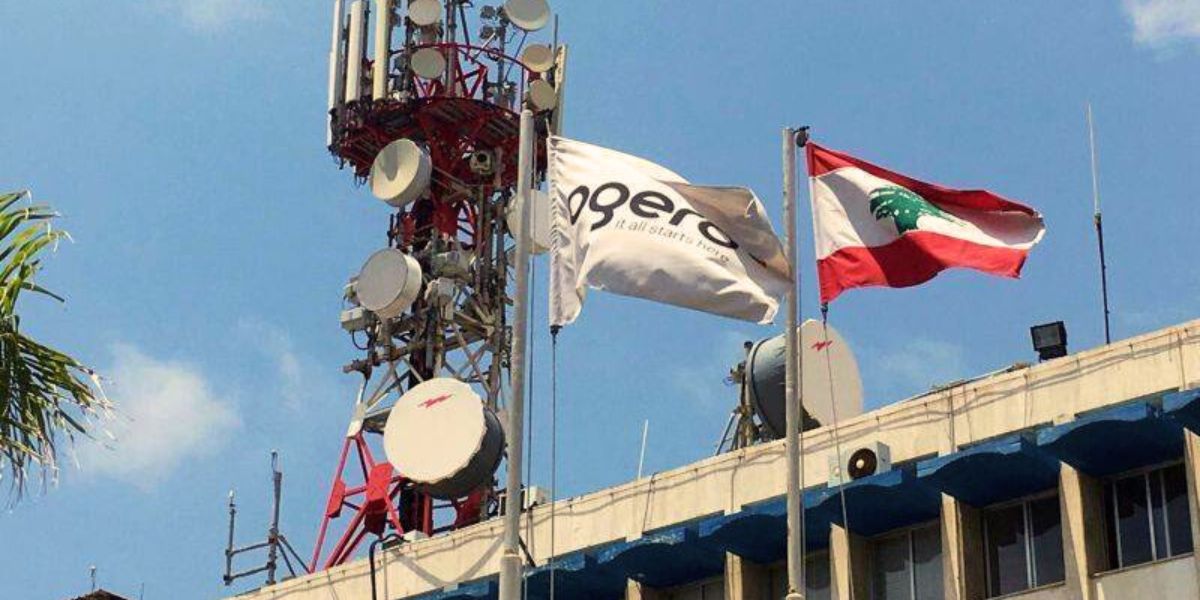Parliament passed a recommendation on Friday for a forensic audit to be carried out not just for the Central Bank, but for all state institutions.
MPs gathered at the UNESCO Palace to discuss the controversial issue of Central Bank’s forensic audit that fell apart last week. In the session, Speaker Nabih Berri told them that he hoped for a consensus on carrying out a forensic audit of all public institutions and not just the Central Bank.
Parliament also agreed that the Banking Secrecy Law should be waived for a future forensic audit.
According to local media, the Amal Movement, Future Movement, and the Progressive Socialist Party support a forensic audit of not just the Central Bank, but all state institutions.
However, the Free Patriotic Movement insists the forensic audit should only be carried out on the Central Bank’s accounts.
According to Naharnet, parliament speaker Nabih Berri had earlier described the parliamentary session as “fateful”, saying that it will decide “the course of the country”.
Resistance bloc leader MP Mohammad Raad spoke on behalf of the Hezbollah party, saying that they agree the forensic audit should also later include public institutions and that if the Banking Secrecy Law is an impediment then it should be exceptionally and temporarily lifted.
The stance of the Lebanese Forces was also to continue an audit of the Central Bank as a prelude to the audit of state bodies.
Berri had called for Friday’s session after President Michel Aoun sent a letter to Parliament emphasising on the importance of the forensic audit to prevent Lebanon from being viewed as a “rogue or failed” country by the international community.
“A forensic audit is a prerequisite for the state’s negotiation with the International Monetary Fund,” Aoun said, adding that confidence in Lebanon’s authorities and institutions was a requirement to receive help from the international community.
Alvarez & Marsal, the consulting firm that was tasked with conducting the Central Bank’s audit, recently withdrew the contract, due to the bank’s constant delays in providing the necessary documents.
One of the issues the Central Bank’s Governor Riad Salaamed shed light on as the cause behind not providing certain documents was the Banking Secrecy Law. MPs are set to address this issue as well.
However, there has been a lot of debate on the national level in recent weeks whether this law does actually pose a road-block, with the government insisting that it does not, while other legal experts say that it needs to be lifted or amended.
Currently, it still remains unclear if this is more of a “stance” taken by the parliament than an actual agreement to lift banking secrecy.
















